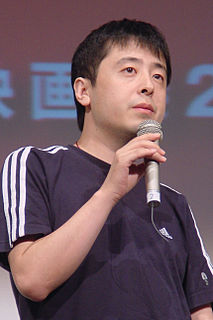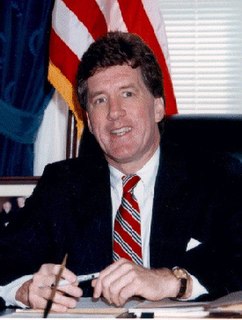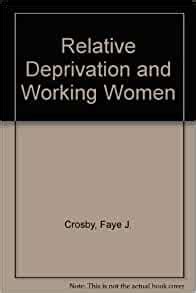A Quote by Harald zur Hausen
Regional clustering of specific cancer types triggered some investigations on a potential role of infectious agents in these malignant proliferations.
Quote Topics
Related Quotes
Cancer can be attacked directly by metabolic enzymes and then be assisted by the enzyme diet programme. The second greatest cancer breakthrough of the 20th century is the metabolic organic effect on malignant tumours of correcting the body fluid pH to a non-acidic pH 7.1 to 7.5. A neutral pH 7.0 resists cancer formation. An acid body fluid pH of 6.44 and below permits tumours to biochemically become malignant. At pH 7.5 cancer may become inactive; at 8.5 tumours may disintegrate.
There is no longer any question about the importance of fruits and vegetables in our diet. The greater the quantity and assortment of fruits and vegetables consumed, the lower the incidence of heart attacks, strokes, and cancer. There is still some controversy about which foods cause which cancers and whether certain types of fat are the culprits with certain cancers, but there's one thing we know for sure: raw vegetables and fresh fruits have powerful anti-cancer agents.
Language is so specific to art, all the way to the past in China. Previously, people were not allowed to include various regional dialects in their films, but in every film that I've made, I've maintained the regional dialects of the characters because I wanted to make films that were locally specific.
Especially working in infectious disease, it's very interesting because these infectious diseases, these agents, they evolve over time. So it's very much an arms race and understanding how each changes to protect itself and to continue. And so it's very much this puzzle-solving but with this great urgency and importance in what you find.
The traditional American husband and father had the responsibilities-and the privileges-of playing the role of primary provider. Sharing that role is not easy. To yield exclusive access to the role is to surrender some of the potential for fulfilling the hero fantasy-a fantasy that appeals to us all. The loss is far from trivial.



































